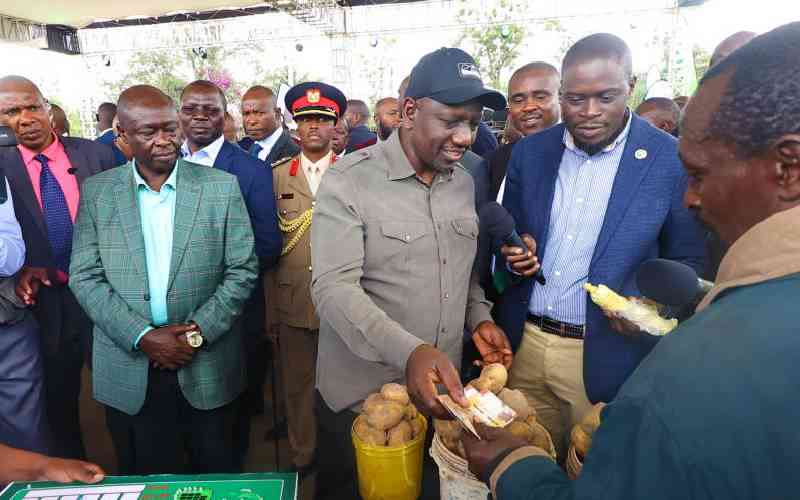×
The Standard e-Paper
Join Thousands Daily

This week marks the first anniversary for the hustler government in office. Not surprisingly, there has been heated debate across both mainstream and social media on the performance of the administration.
About a month ago, the President is on record claiming that he has either matched or surpassed the Kibaki administration's economic performance in the 11 months he had been in office.